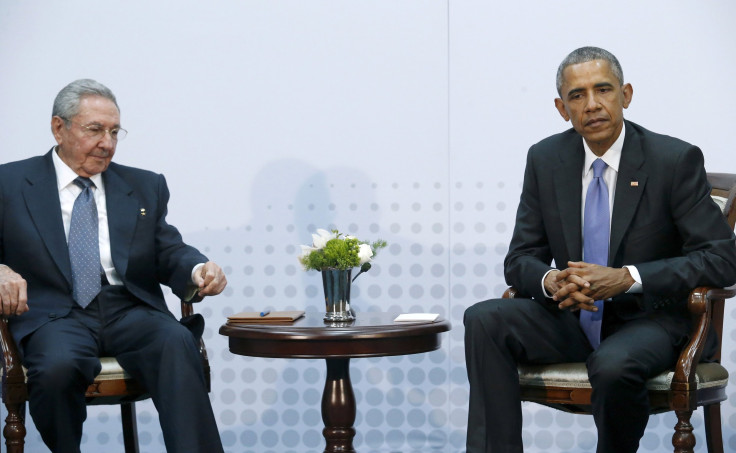Cuba Travel 2015: Amendment To Restricting Flying From US Fails

An amendment to eliminate a measure that would restrict travel to Cuba failed Thursday in the U.S. House of Representatives, reported the Hill. Previously Republicans had added a provision to the funding bill for both the Department of Transportation and the Department of Housing and Urban Development to prevent licensing flights or cruise ships to Cuba if they involved property confiscated by the Castro regime. The provisions were part of the $55.3 billion measure to curb President Barack Obama administration's recent thawing of relations with Cuba.
By preventing the licensing of flights and ships under specific circumstances, proponents aimed to continue some form of a ban on U.S. travel to Cuba. The failed amendment, which would have reversed the provisions, was introduced by Rep. Barbara Lee, D-Calif., and lost by a vote of 176-247. "Not only are the current provisions in this bill wrong for diplomacy, they're patently anti-business," said Lee.
Rep. Mario Diaz-Balart, R-Fla., the chairman of the House Appropriations subcommittee who authored the measure and is also a Cuban-American, said the amendment was only meant to protect property seized by the Castro government, according to the Hill. "Increased travel to Cuba directly funds the individuals and institutions that oppress the Cuban people," Diaz-Balart said, according to NBC News.
In December, Obama announced that he would begin normalizing and restoring diplomatic relations with Cuba, which has not had a U.S. Embassy since 1961 and the Cuban Revolution. The United States had maintained some form of trade embargo with Cuba ever since that time period.
The Commerce, Justice, Science spending bill also includes a provision prohibiting exports to the Cuban military or intelligence service, or their family members. Obama has threatened to veto both spending bills if the anti-Cuban relations measures remain. "The bill also reduces funding for other vulnerable populations, such as low-income children at risk of lead poisoning, and for programs that invest in public housing to revitalize distressed communities," the White House said.
© Copyright IBTimes 2025. All rights reserved.






















